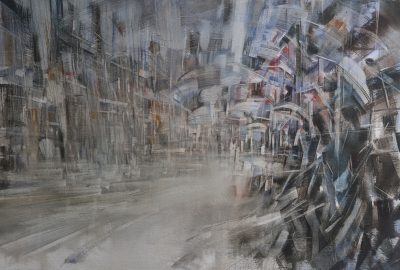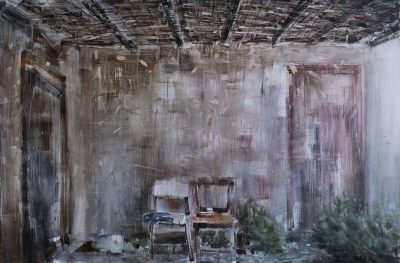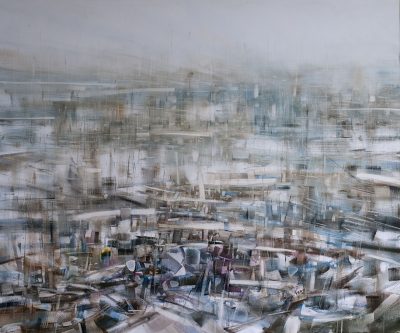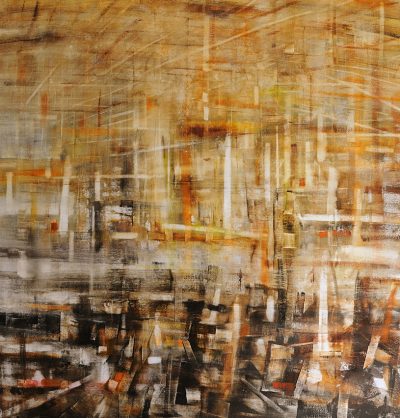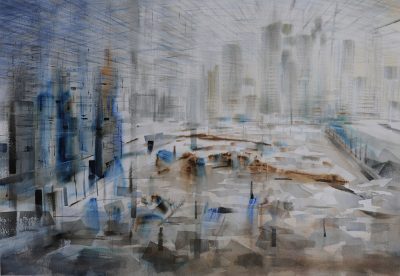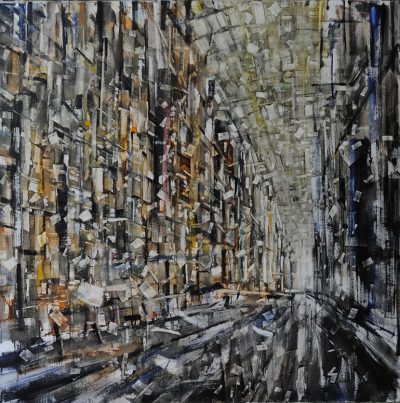Roberto Batista
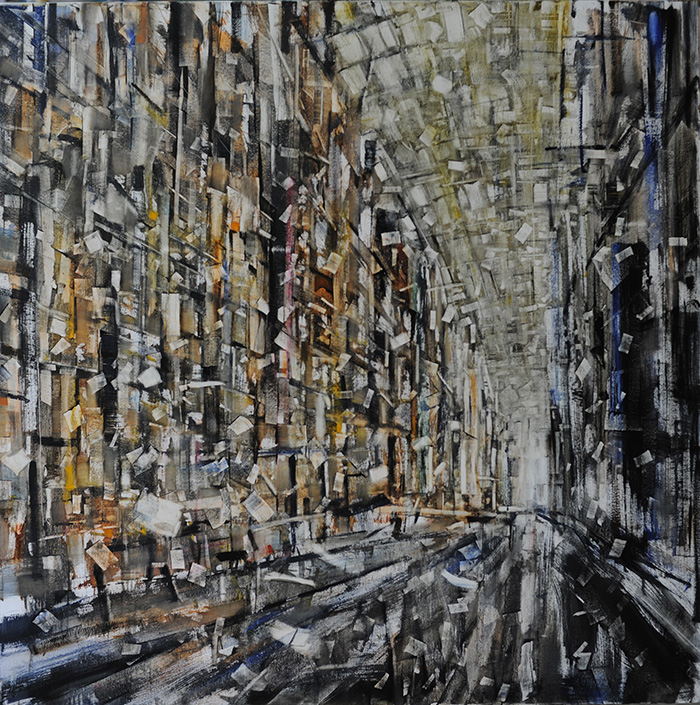

Born, Villa de Mazo, Santa Cruz de Tenerife, 1954*
A Degree in fine arts from the University of La Laguna
He has been a professor of Painting at the Faculty of Fine Arts in Santa Cruz de Tenerife and of Plastic and Visual Education in Secondary Education. For 30 years he has combined pedagogical and artistic work and of 2011 he is now fully dedicated to his own artistic activity.
He develops his work in the city of San Cristóbal de La Laguna, where he has his studio and habitual residence. Painting is the expressive medium he feels most identified with and it has always been part of his artistic journey. Oil, acrylic, watercolor and graphite are procedures which are generally present in his work with photography also occupying an important space.
The recurrent themes in his work, especially over the last twenty years, have been the footprint, the confluence of spaces and their transformations, the loss of identity, artificial spaces, oblivion and indifference, the residual, the place as absence, the relationship with nature as a habitat and the cosmos as a question. The perspectives truncated, the mind conquered and the consciousness lost.
He raises the work in series as a way to use different words and establish different reasoning to talk about the same concerns, those that are part of his personal ideology. A way of communicating the same ideas that underly as a repository of what reality generates in it.
After the series was developed taking as a visual reference the creation of enveloping atmospheres in which the forms tended to lose their identity, as a sort of filter that led the particular to its loss of identity (Silence, Salinas, Nada, Witness and Confín)
The current work focuses on a constant process of deconstruction that aims to convert the image into a diffused space and therefore is open to many interpretations.
His two ongoing projects; “PASSAROLA, on texts by José Saramago” and “RE-SISTENCIA”, explore the parameters that, as social constraints, restrict our existence. In the first case, guided by the thoughts of this Portuguese nobel and in the second considering it as a project of a more extensive journey, the product of an indeterminate network of relationships that from the hand of personal reference conform over the years to an open discourse, incomplete, full of questions, a reflection of a fragmented world that requires meditation, introspection and deconstruction.
A dignified and human existence is only possible through resistance. As Deleuze said “resist the present, the confusion and disorder of today and do it through recollection, reflection and awareness, from the depth of the marginal”.
Showing all 6 results



